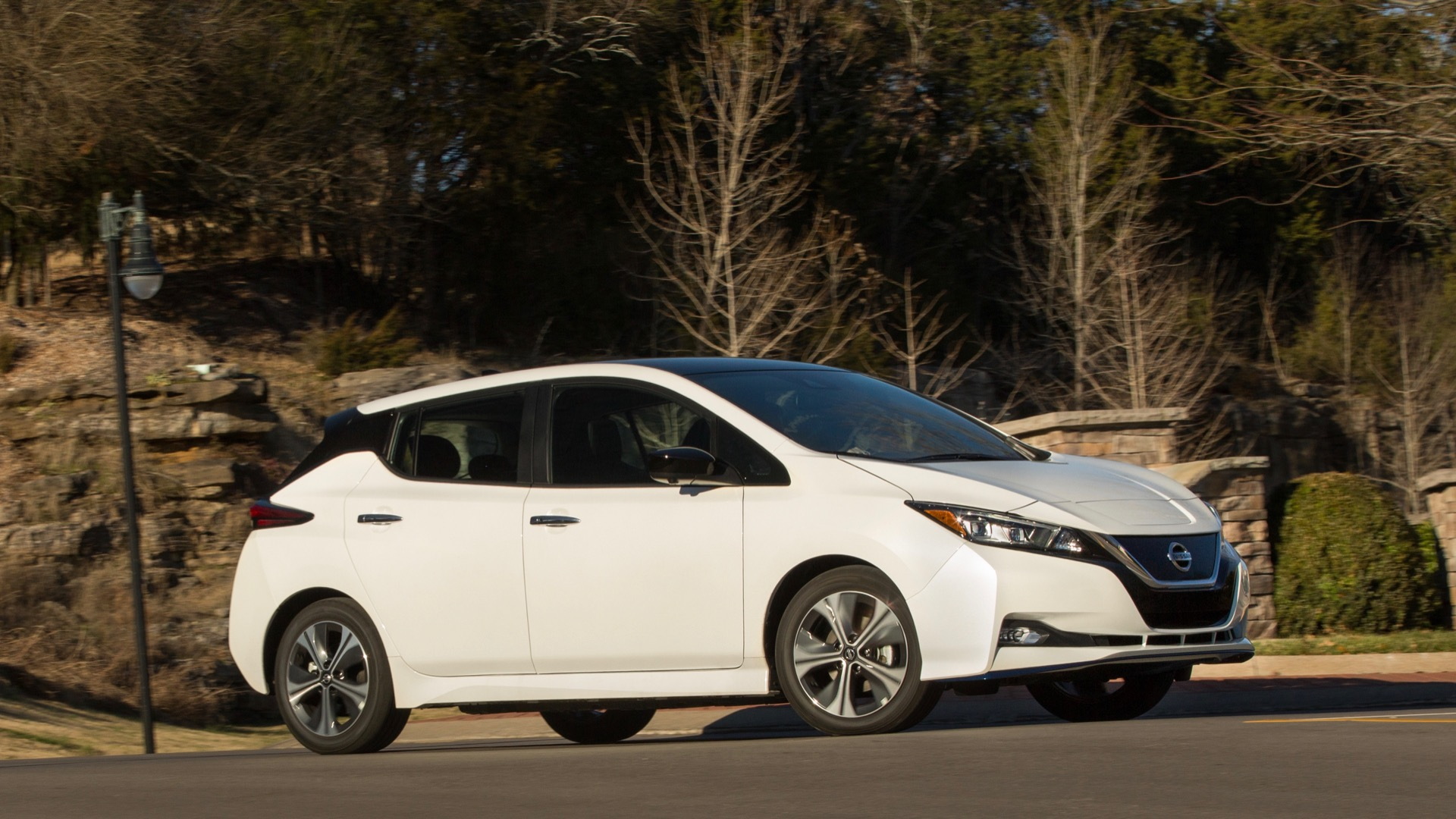Cars might be getting lighter and ever more efficient in an attempt to reduce emissions and improve gas mileage, but according to Allstate insurance, there’s one factor which affects gas mileage which is heading the wrong way: occupant weight.
According to the insurance firm, the rising tide in obesity is slowing down the improvement in gas mileage of new cars.
Its attempt to help raise awareness of the impact weight has on gas mileage? A series of helpful, informative infographics.
Providing a quick and easy-to-understand appraisal of the issues of obesity and gas mileage, the series of infographics make for sober viewing.
For example, between the 1960 and 2002, an estimated 1 billion gallons of gasoline per year can be attributed to the weight gain of passengers.
Obesity Vs. Fuel Economy: Infographic (Allstate insurance)
Meanwhile, 39 million gallons of fuel are used per year for every pound added in average passenger weight.
As explained before, that equates to around $4 billion dollars per year spent on extra gasoline: just because of obesity.
More stark, perhaps is the amount of weight that an additional 100 pounds has on a car’s gas mileage.
As one slide explains, 100 pounds of extra weight can cut gas mileage by up to 2-percent. Even in cars like the 2013 Nissan Altima--which is 80 pounds lighter than the 2012 Nissan Altima-- that extra weight can seriously affect gas mileage.
The message seems to be simple. If you want your car to get the best gas mileage it can, make sure that you--and your luggage--is as lightweight as possible.
+++++++++++













